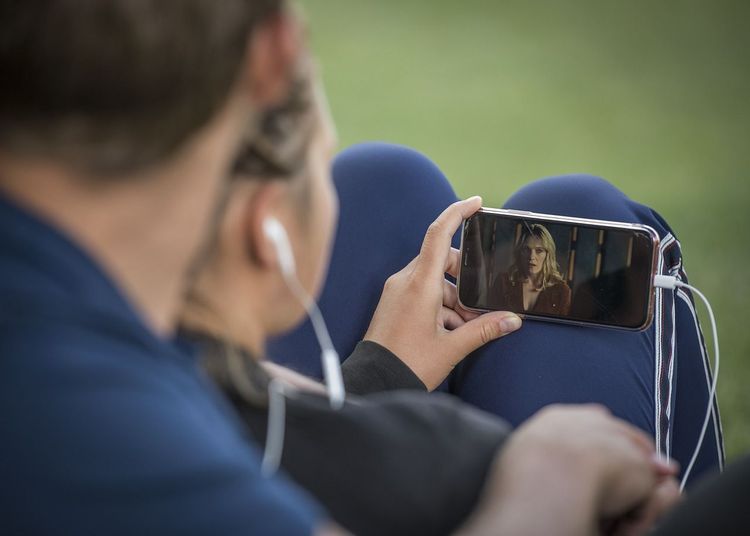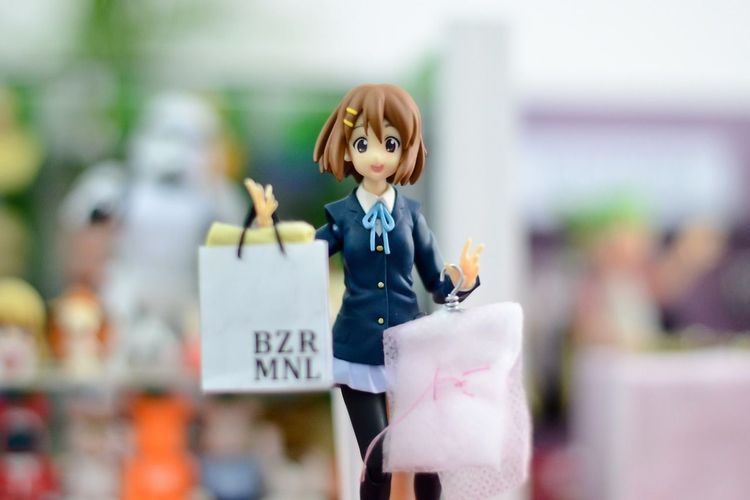The International Labour Organization reports that approximately 340 million workplace incidents occur annually. To address this pressing issue, Voxel has emerged as an innovative solution, leveraging computer vision technology to enhance workplace safety. Today, the startup announced it has secured $12 million in strategic funding, led by manufacturing giant Rite-Hite, with additional contributions from returning investors Eclipse Ventures and MTech. This funding round brings Voxel’s total capital raised since its inception in 2020 to $30 million.
What sets Voxel apart from other computer vision startups is its ability to seamlessly integrate with existing security camera systems, eliminating the need for companies to invest in new equipment. The technology detects hazards such as near-miss vehicle collisions, blocked exits, improper ergonomic practices, and spills, sending real-time alerts to on-site personnel.
Major companies like Michael’s, Dollar Tree, Clorox, PPG Industries, and Office Depot are already utilizing Voxel's technology to improve safety standards. Founded by CEO Alex Senemar, who previously launched the AI-driven remote health monitoring system Sherbit, Voxel's team includes CTO Anurag Kanungo, who co-founded Sherbit and was a software engineer at Uber’s self-driving unit, and co-founders Harishma Dayanidhi, who developed self-driving technology at Uber and Aurora, and Troy Carlson, a former Google engineer. Voxel currently employs a dedicated team of 50 professionals.
Senemar shared insights on the industry, highlighting that despite advancements in AI and computer vision, their application in workplace safety remains underutilized. Voxel was designed to identify hazards, risky behaviors, and operational inefficiencies. According to Senemar, many organizations still rely on manual supervision, random checks, and post-incident reporting, which often overlook potential near-miss situations and fail to provide real-time solutions. Voxel automates these processes and provides video-based coaching and analytical tools for safety teams to drive change. Notably, Voxel adheres to a strict ethics policy, avoiding facial recognition and individual identification within its systems. Facial blurring options are available upon request, and footage is discarded if no safety risks are detected.
Voxel targets Fortune 500 companies in high-risk industries such as warehousing, retail, manufacturing, and energy. Following the implementation of Voxel’s technology, Americold—the world’s largest cold-storage company—experienced a staggering 77% reduction in workplace injuries, resulting in savings of $1.1 million. Voxel played a crucial role in identifying and mitigating risk factors such as speeding forklifts, hazardous aisle ends, blind spots, and blocked drivable zones. It also detected unsafe behaviors, including improper ergonomics and lifting techniques.
Looking ahead, Senemar outlined Voxel’s plans for expansion into industries that have not yet embraced AI-driven safety solutions. The startup aims to incorporate predictive analytics to anticipate potential risks and broaden its reach beyond North America. Rite-Hite CEO Micaela Bomhack expressed enthusiasm for Voxel's transformative impact on workplace safety, stating, “We’ve seen first-hand the effects Voxel’s technology has had on workers and workplaces and are excited to continue paving the path for future workplace safety with the Voxel team.”







